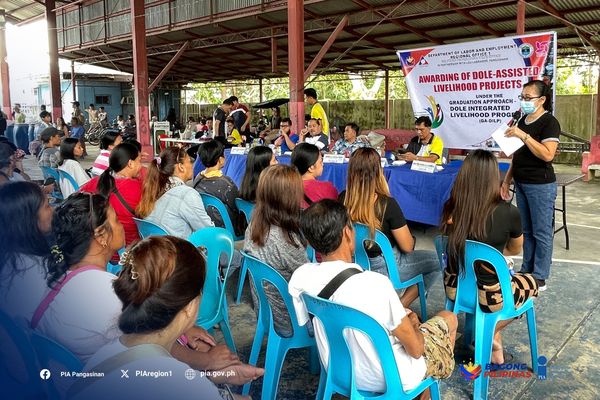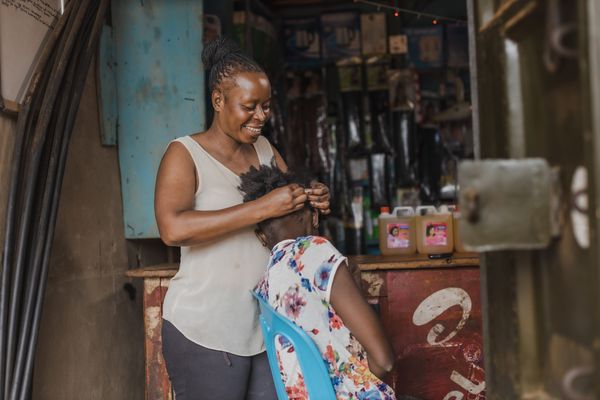Nalongo Beauty Salon: Where the young women of Bulubandi go for hair, nails, and hope
Date: 7 Sep 2025
Nongo Natasha Suzan from Uganda is 27 years old. She is a hairdresser who trains other young girls in her community. She is also someone who had to give up her education at only 10 years old. Natasha believes that when young women are given the chance, they can change the world— or at least, the world around them.
Nongo Natasha Suzan is one of over 35,000 young people in Uganda who we have reached from the AIM programme since 2023.
Nongo Natasha Suzan is from Uganda’s Bulubandi village in Iganga District, located in the eastern part of the country. The proximity of Iganga to the Great African Lake Victoria makes Iganga not only beautiful, but also acts as a source of income for most of the residents of the district with agriculture, fishing and animal rearing being the mainstay of their income.
Iganga’s geographic location makes it suitable for farming and fishing, but most people are small subsistence farmers with limited access to education, health, and financial services. Studies show that women and young girls are the most disproportionately affected by these lagging socioeconomic indicators.
As a result, they are also at the highest risk of facing long-term poverty, due to early drop outs from school leading to early marriages and pregnancies, and the lack of access to a supportive community that encourages them to grow.
Natasha is no stranger to these challenges. At only 10 years old, she lost a parent. “I am the eldest of five siblings. When my father died, I was still too young to understand much. All I knew was, life would change from here on.” Natasha recounts, “We’ve always had money problems, but after my father passed away, there was no one to pay my school fees. It was not possible for my mother to earn as much. I had to drop out even before I could complete my primary education.”
Natasha is now 27 years old, married with three children. Today she has her own salon, and trains other young women in her community in hairdressing.
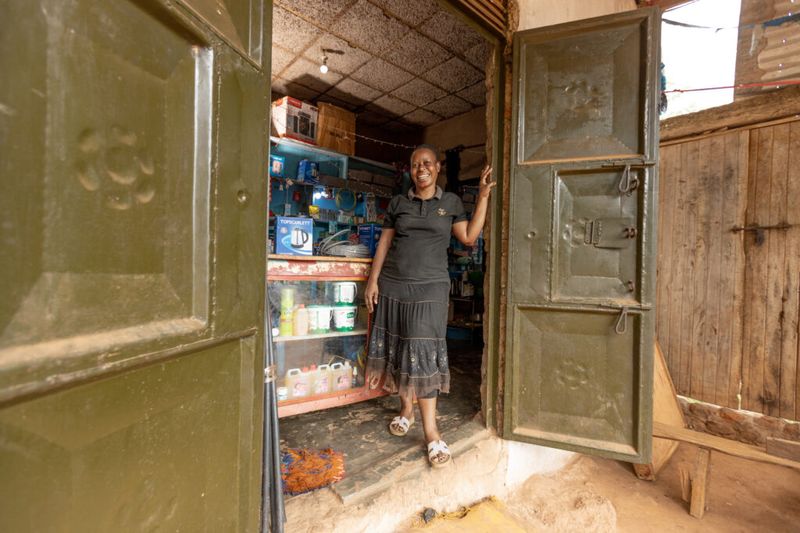
But how did the 10-year-old Natasha who was forced to drop out make it this far?
“My husband was out of work and at some point he stopped trying to get any kind of work either. The income I was earning selling tomatoes and onions was nowhere near enough to support us all. We had three young children depending on us, and the pressure to care for them was both constant and intense.
I felt hopeless. I knew something had to change. If I could learn something or do something on my own, maybe I could find a way to feed my family and myself,” she says looking back at those uncertain times.
The opportunity did arrive when she joined the AIM club in February 2023. The Mastercard Foundation Accelerating Impact for Young Women in Partnership with BRAC— or the AIM programme, is an initiative designed to equip 1.2 million adolescent girls and young women, with age-appropriate entrepreneurship, employability, and life-skills training, as well as the tools to start and scale their own businesses. The five-year programme applies BRAC’s globally recognised, evidence-based approaches which enable individuals to improve their own lives and livelihoods.
“At the AIM club, I saw firsthand the power of community. At the club sessions, we worked on our confidence and learned to better regulate our emotions. The club sessions also teach young women and girls about sexual and reproductive health and rights.
Soon enough, I was also learning how to manage money, and some etiquettes of business such as marketing, customer care, and above all – the need to keep on learning from my friends and community. Sharing this journey and space with other young women assured me that we are not only capable of building a better life— but we also deserve it. It was like a light bulb moment for me,” adds Natasha.
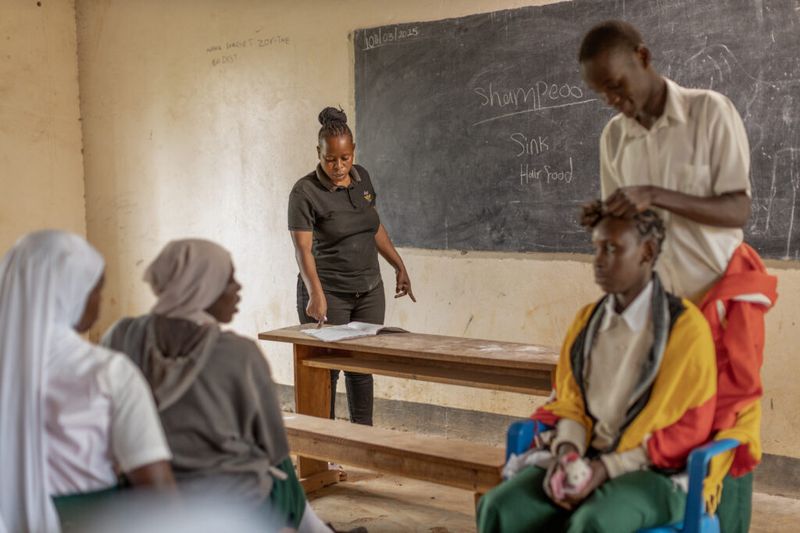
Extending on AIM club activities, Natasha and other club attendees formed a savings group.
“I was elected as the chairperson of the group. For most of us, this was the first time we were ever saving. It was also the first time we experienced what it feels like to have a safety net. We meet every week, and deposit our savings in our shared safe box. We are very diligent about our recordkeeping. As the chairperson, I encourage financial discipline in my group, urging group members to be regular. With our savings, we even opened our own bank accounts with BRAC Bank Uganda,” shares Natasha.
Eventually, Natasha received a three-month-long training on cosmetology. She learned how to style and cut hair, how to paint nails, and learned make up skills. Additionally, she was also equipped with training on business management.
After this training period, she received a start-up package which included a comprehensive toolkit to set up her business.
Natasha rented a small shop and fitted it with the tools she had received— shampoos, hair sprays, combs, a sink, hair tools, plastic chairs, a basin, and a dressing mirror. With her first share-out from the savings group, she paid two months’ rent. Determined to grow further, she borrowed UGX 300,000 (USD 83.78) from the savings group and invested it in appliances to expand her business.
“Nalongo Beauty Salon started in April 2024, after I completed the programme. The day I opened my salon to the public, everything changed,” Natasha says, “Women from my club and their families came to support me. I was the first person in the community to open a hair salon and it became a place of connection, a spot where women get together and get to unwind for a bit.”
While her finances undoubtedly improved, Natasha’s transformation is the most stark in the way she views herself and her role in the community.
Natasha is not only a business owner today, she is also a trainer at Kalidha Vocational School in Iganga, where she mentors young girls in hairdressing.
She has plans of opening her own training center, providing young girls with the skills to start their own businesses.
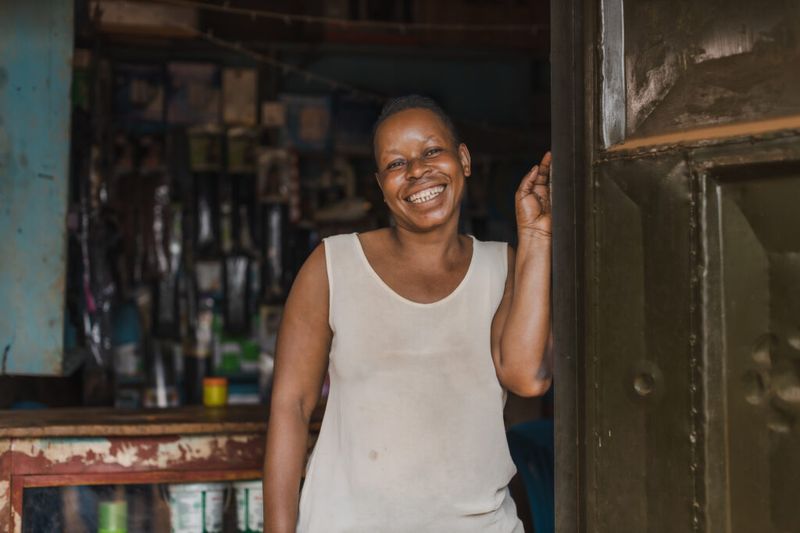
“The skills I learned gave me the opportunity to support myself and my family. I want to now continue passing that on to other girls and young women.
I have seen what happens when young women work together; they transform whole communities. For us, this is just the beginning.”
By Dennis Odwe, Mosud Ahmed, Scovia Peace, and Syeda Tasnim Islam
Featured
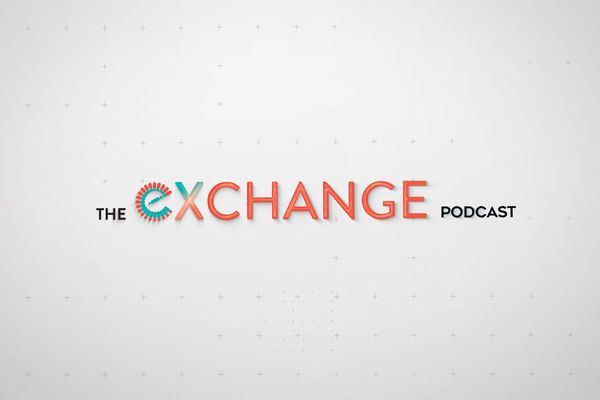
The Graduation Approach: Inside BRAC's Blueprint to Tackle Extreme Poverty
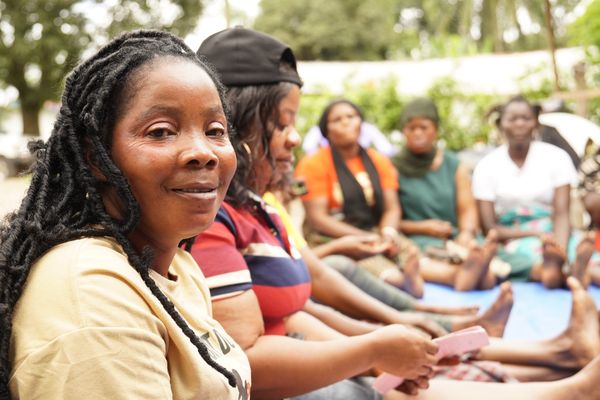
BRAC Liberia Microfinance wins continental acclaim, ranked second for transforming lives
